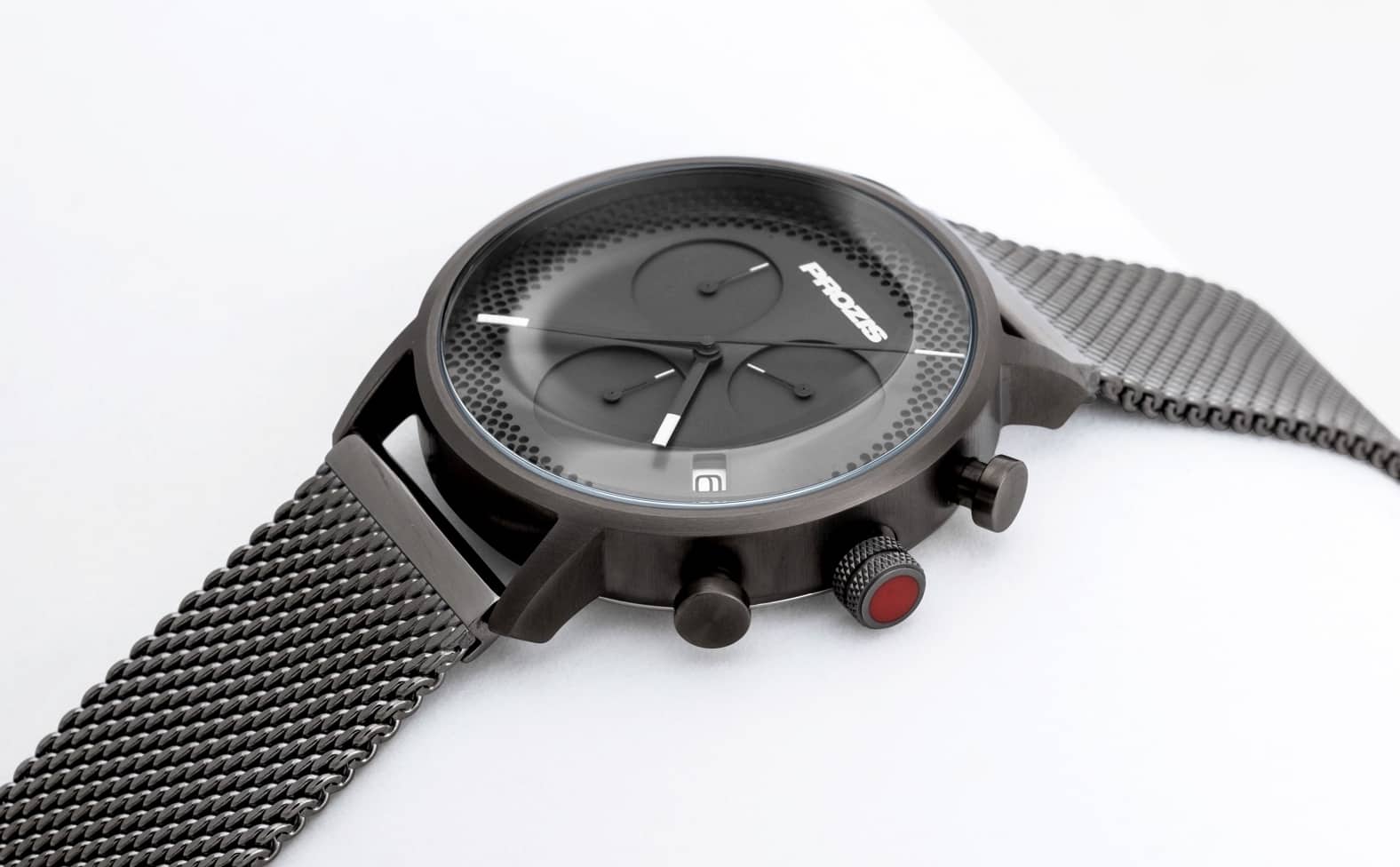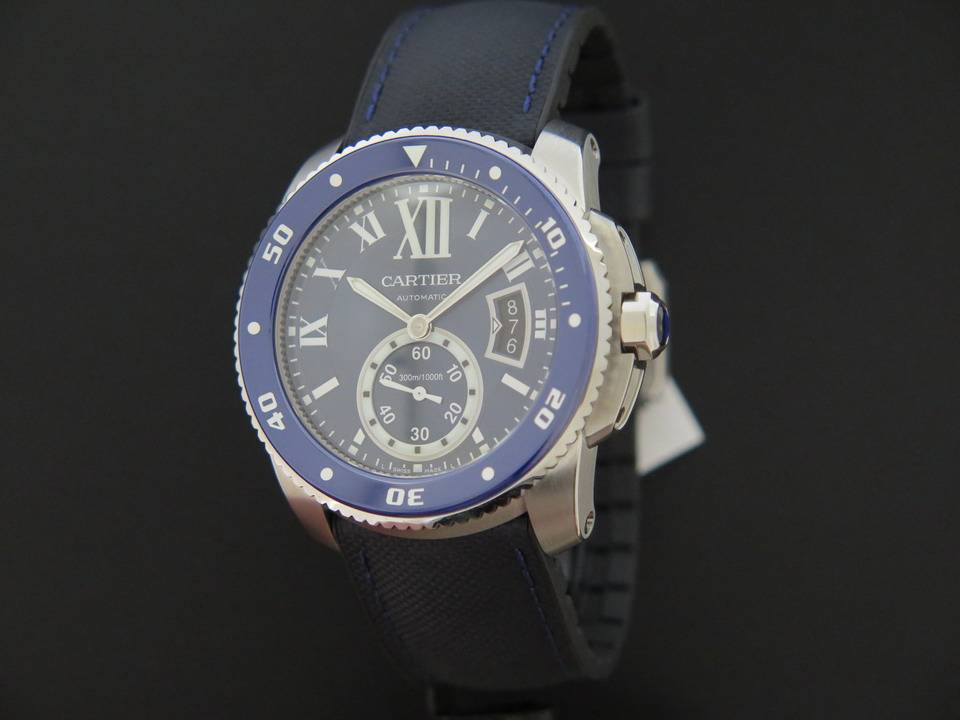The DE44CA (Desert Eagle.44 Magnum California) is the only XIX model approved for dealer sales to the public in the State of California. The CA approved version differs from the regular XIX models in that it has an automatic firing pin block and a two slot Weaver style rail for mounting optics. We would like to show you a description here but the site won’t allow us.
. Users say it’s outstanding and aDe Calibre 50
must-have. It’ll allow you to do nearly everything and it takes things a step beyond normal e-book software. It’s also completely free and open source and great for both casual users and computer experts.- Save time on managing your e-book collection
calibre’s user interface is designed to be as simple as possible. Large buttons in the main window take care of most of your needs. The vast number of calibre’s features and options is always clearly displayed under intuitive tabs. Its context menus are neatly sorted, so the things you’re looking for almost find themselves on their own. You’re never more than three clicks away from your goal. It’s the result of years of tweaking calibre’s interface based on users’ feedback. Plus, you can change many aspects of how calibre looks and feels and try one of the three built-in library views to browse your book collection using covers, titles, tags, authors, publishers, etc.
calibre not only can download all the metadata for an e-book (things like title, author, publisher, ISBN, tags, cover or summary) but will also allow you to edit or create metadata in existing or new fields. That way you can track which books you’ve read and which ones you liked. You can also take advantage of the advanced search and sorting functions that use tags, authors, comments and more. You will find the book you were looking for in seconds!
- Use it everywhere and with anything
calibre supports almost every single e-reader and is compatible with more devices with every update. You can transfer your e-books from one device to another in seconds, wirelessly or with a cable. And you don’t need any additional tools to do that. calibre will send the best file format for your device converting it if needed, automatically.
No matter what PC, laptop or tablet you use, calibre’s got you covered. And if you’re traveling and don’t have your device with you – you can take calibre on a USB stick and use it wherever you are.
calibre can convert dozens of file types. No matter where you got your e-book from, it’ll be ready for your device in no time. When converting, you can also automatically change the book’s style, create a table of contents or improve punctuation and margins. calibre will also detect the format that’s best suited for your device on its own, so you don’t have to bother.
calibre can also turn your personal documents to e-books or create them from scratch. It can also take all the mundane things that go with it off your plate. It has automatic style helpers and scripts generating the book’s structure. You focus on the content, calibre will take care of the rest.
- Comprehensive e-book viewer
calibre has a built-in e-book viewer that can display all the major e-book formats. It has full support for Table of Contents, highlighting, bookmarks, CSS, read aloud, a reference mode, printing, searching, copying, multi-page view, embedded fonts, and on and on…
- Download news/magazines from the web
calibre can make sure you know what’s happening and automatically deliver stories to your device from hundreds of news sources like The Economist, New York Times, New Yorker Magazine, The Guardian, BBC News, National Geographic, CNN, The Wall Street Journal, The Washington Post, The Atlantic, Scientific American, Wired Magazine, The Telegraph, Forbes, Ars Technica…
You can also teach calibre to deliver news from completely different sites or take advantage of any RSS feed. No searching, no waiting, no hassle.
- Share and backup your library easily
calibre comes with a handy web server to host your library. In just a few moments you can safely share all (or just some) of your e-books with anyone you choose or access them yourself from anywhere, using any device you like. With the server, you can read the books in your calibre library on any phone/tablet using just a browser. It even works offline.
calibre has also some useful backup and import/export features that will guarantee the safety and portability of your book collection with minimal fuss.
- Edit the books in your collection
For the e-book nerds amongst you, calibre has a built-in editor that allows you to edit e-books in the most popular e-book formats, EPUB and Kindle. The editor has many sophisticated features to make editing the innards of e-books as easy and efficient as possible.
- Satisfy every e-book need and get support
It’s unlikely, but if you find out there’s a feature you need but calibre lacks it, you can use the built-in plugin explorer. Many users develop plugins to enhance and expand calibre’s features. You can browse through hundreds of plugins directly from calibre and install them with just one click.
calibre has more than 3 million active installs and has lots of fans! You will never have to wait to solve any issue you might encounter: you can use the extensive help resources, or just ask members of the calibre forum.
calibre is created by book lovers, for book lovers. Hundreds of motivated volunteers develop calibre and deliver updates on a regular basis. Most issues are resolved in a week. With every update, we fix bugs, add new features and make calibre more compatible, faster and easier.
calibre started life on 31 October, 2006, soon after the release of the SONY PRS-500, the first e-ink based reader to be sold commercially in the US. At the time, I was a graduate student, with a lot of time on my hands. The PRS-500 did not work at all with Linux, my operating system of choice, so I decided to reverse engineer the USB protocol that it used, to get it working on Linux. This was accomplished with the help of the fine folks over at mobileread.com and calibre was born, albeit named libprs500.
At the time there were no satisfactory tools to convert content into the LRF format, used by the SONY reader, so I decided to implement a converter to convert the most popular e-book formats to LRF. This converter proved to be wildly popular and far better than the (mostly non-existent) offerings from SONY. It was picked up and used by various publishing houses and content digitizers to produce the first generation of books in the LRF format.
As my e-book collection grew, I realized that managing it was quickly becoming unwieldy, so I decided to write a graphical interface to libprs500 to make it easier. This became calibre, in its present form, as a comprehensive e-book management tool. libprs500 was renamed to calibre in mid-2008. The name calibre was chosen by my wife, Krittika. The libre in calibre stands for freedom, indicating that calibre is a free and open source product, modifiable by all. Nonetheless, calibre should be pronounced as cali-ber, not ca-libre.
Videos De Calibre 50
Today calibre is a vibrant open-source community with half a dozen developers and many, many testers and bug reporters. It is used in over 200 countries and has been translated into a dozen different languages by volunteers. calibre has become a comprehensive tool for the management of digital texts, allowing you to do whatever you could possibly imagine with your e-book library. Reading is very important to me and one of my goals has always been to prevent either the fragmentation or the monopolization of the e-book market by entities that care solely for short-term goals. As the calibre community continues to grow, driven by book lovers, for book lovers, hopefully it will always present an alternative for people that love to read e-books and want to be in control of their own digital libraries.

Kovid Goyal
November 2009
Asking for help
The best places to ask for help with calibre are the very active calibre forum at mobileread.com, where there are a number of friendly and knowledgeable long time users/developers of calibre. In addition, there is the calibre Facebook fan page and #calibreforum on Twitter.
Reporting issues and asking for new features
If you discover a problem with calibre or would like to request a new feature, the best place to do it is via the calibre Bug tracker. Be aware that calibre is developed by volunteers, which means that your bug report/feature request may or may not get attention, so if you are looking for help, the best place is the forum linked to above.
calibre is an open source application that uses a large number of other open source libraries and is developed on Linux, an open source platform, and as such, it has benefited from the work of large numbers of people, some of whom are listed below. I've tried to be as exhaustive as possible, but, if I have omitted your contribution, please let me know.
Contributors of code/bug fixes
Cobra De Calibre
In no particular order:
- Marshall Vandegrift: For epub2lrf, lit2oeb, oeb2mobi and various improvements in the html2lrf code, as well as the basic framework for the conversion pipeline in the 0.6.x series
- John Schember: For the new calibre device driver framework, various GUI enhancements and several input and output format plugins and the 'Get Books' feature
- Charles Haley: For custom columns, saved searches, restrictions, the wireless device driver, lots of other help/ideas
- Gregory Riker: For MOBI indexing, catalogs, the iPad driver
- Roger Critchlow: For the initial implementation of lrs2lrf
- Anatoly Shipitsin: For fb2lrf and fb2-meta
- Ori Avtalion and WayneD for various bug fixes
- Tijmen Ruizendaal for the Be Book driver
- Igor Skochinsky (for various bits of reverse engineering without which calibre would never have gotten off the ground)
- Darko Miletic: For a large number of news recipes
- Grant Drake: For various plugins including Open with, Search the internet and Goodreads integration
- Timothy Legge and David Forrester: For Kobo support in calibre
- Eli Schwartz for Linux packaging efforts
- Eli Schwartz and Flaviu Tamas for Python 3 porting efforts
- Mark W. Gabby-Li for adding right-to-left and vertical text support to the E-book viewer
Graphics and design
- Nicholas Holland and the guys at Centresource for the website design
- diaboNL for the reader icon
- Caleb Avery and Kamil Tatara for the calibre logo
- Jonatan Nyberg for lots of polishing of the UI
- subtlepatterns.com for various textures

Recipe writers
Too many people have contributed recipes to list here, but their contributions are a big part of calibre.
Translators
The list of translators is available here
Other projects whose code/libraries calibre uses/links against
- Python
- Qt
- PyQt
- rtf2xml
- poppler
- feedparser
- pylrs
- BeautifulSoup
- mechanize
- pictureflow
- lxml
- Hyphenator
- sqlite
- chardet
- podofo
- libmtp
- Python Imaging Library
- Sphinx
- django
- odfpy
- cssutils
- git
- ICU
- dateutil
- dnspython
- pywin32
- python-dbus
The Launchpad, Transifex, GitHub and FossHub services for providing bug, file, translation and code hosting for calibre.
Last, but not least I'd like to thank the folks at mobileread.com for creating a wonderful community for us e-book lovers to gather round.
Awards
eBool rating: 5 stars (Apr, 2017)
De Calibre 50
Softpedia rating: 4.5 stars (Mar, 2017)
File Horse rating: 5 stars 100% Safe (Jan, 2017)

CNET Editor's rating: 4.5 stars (Nov, 2009)
De Calibrate Meaning
Press mentions
De Calibration
- You can see usage statistics for calibre here.
- You can see usage statistics for the various news sources in calibre here.
